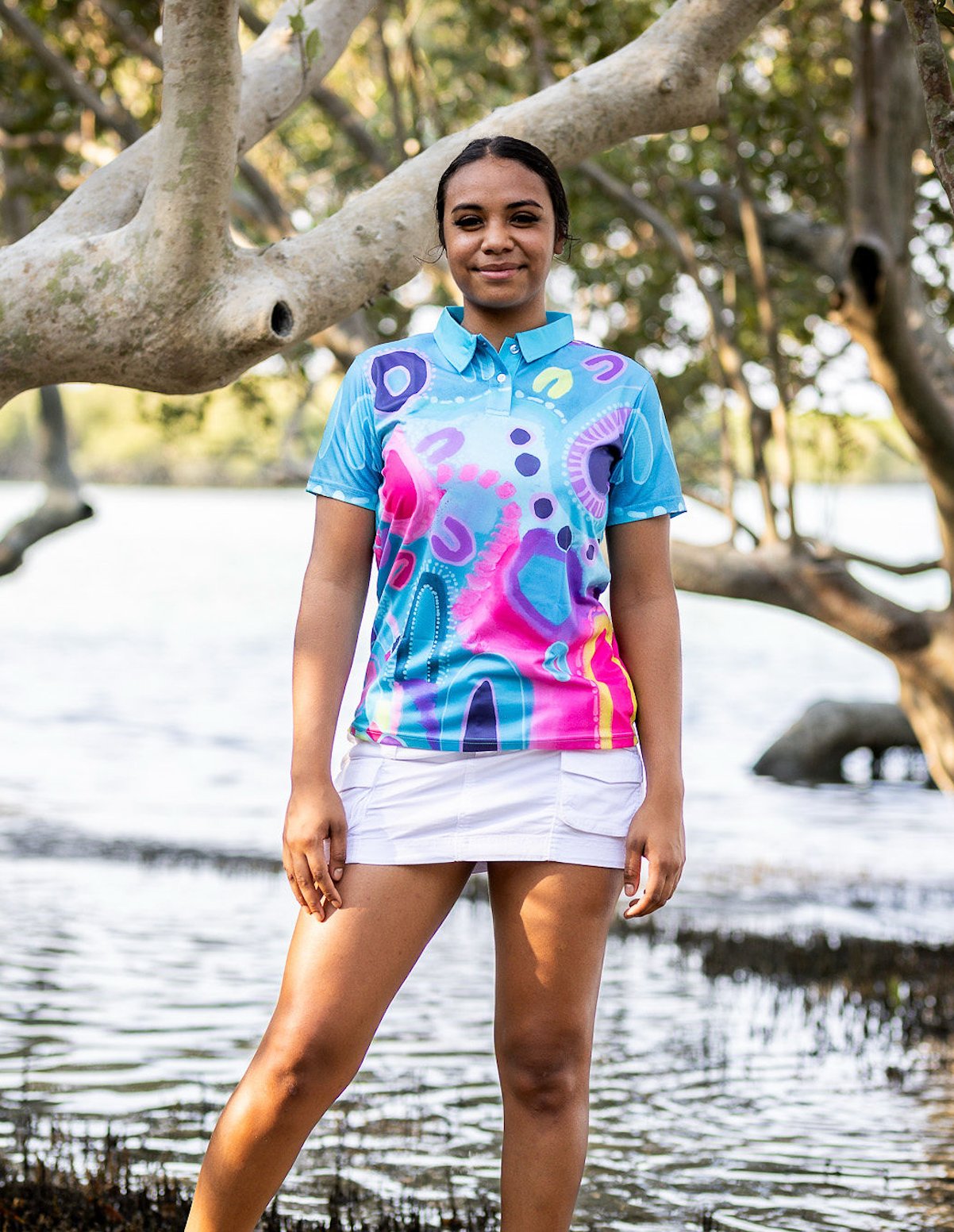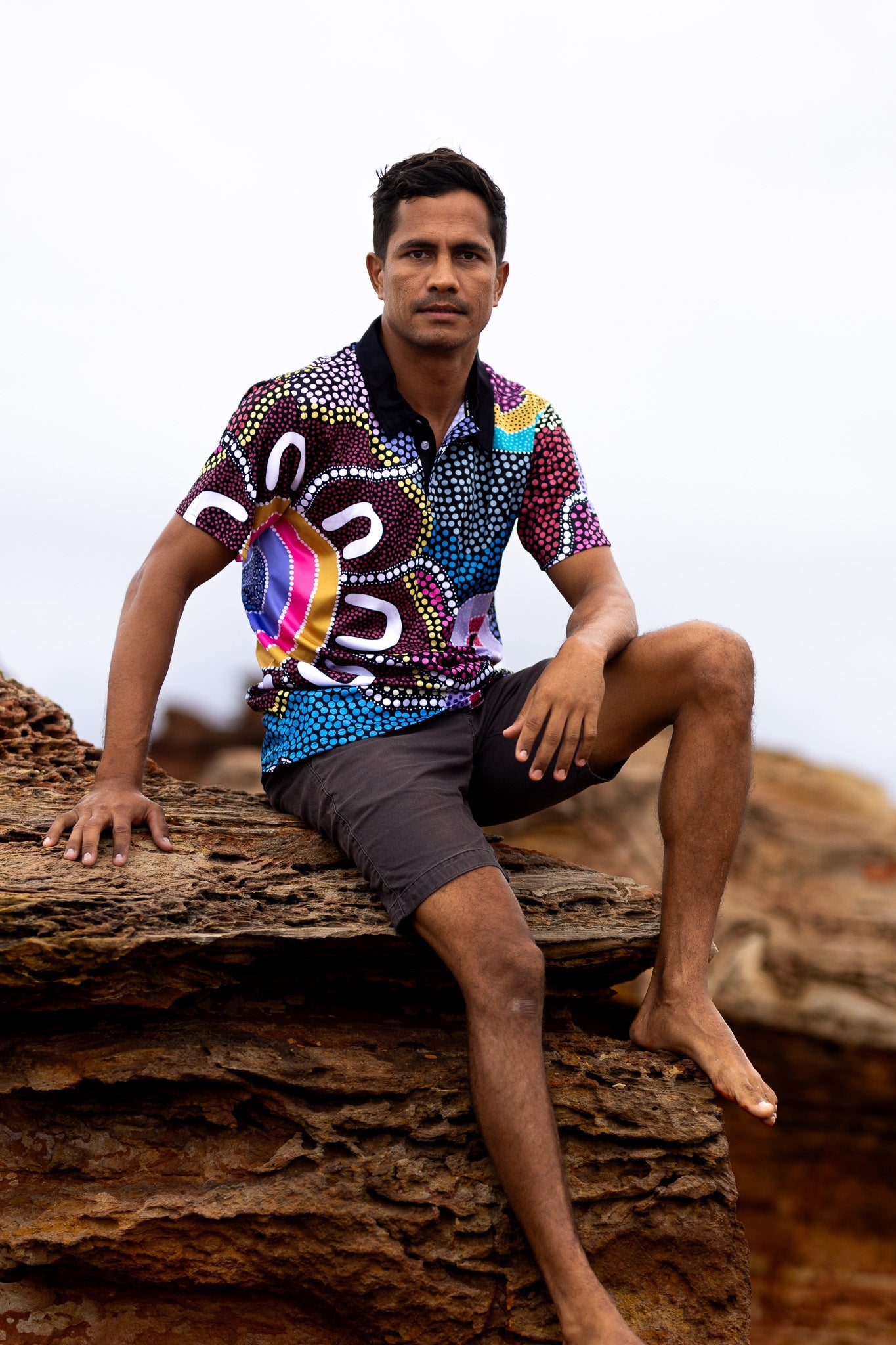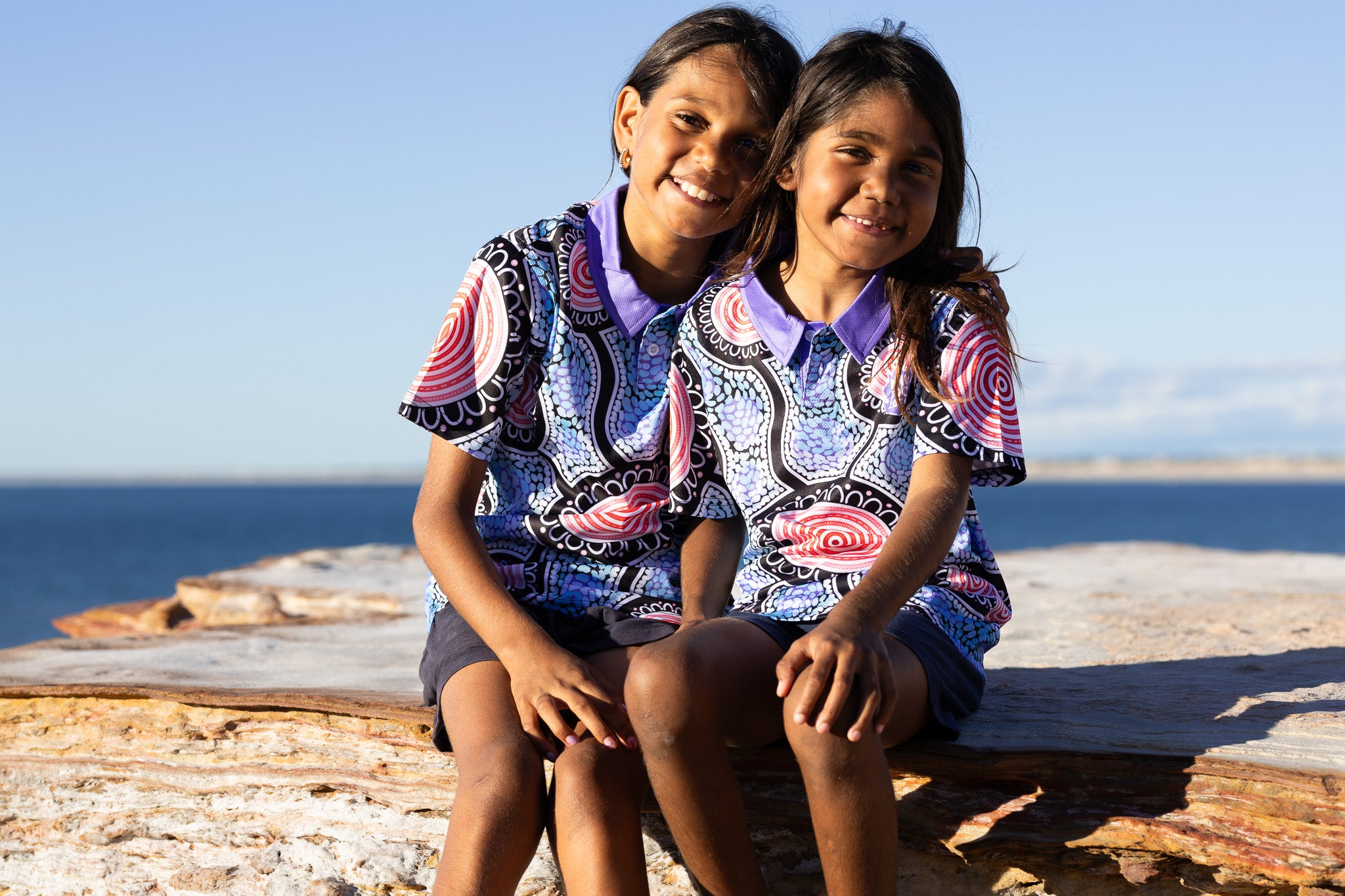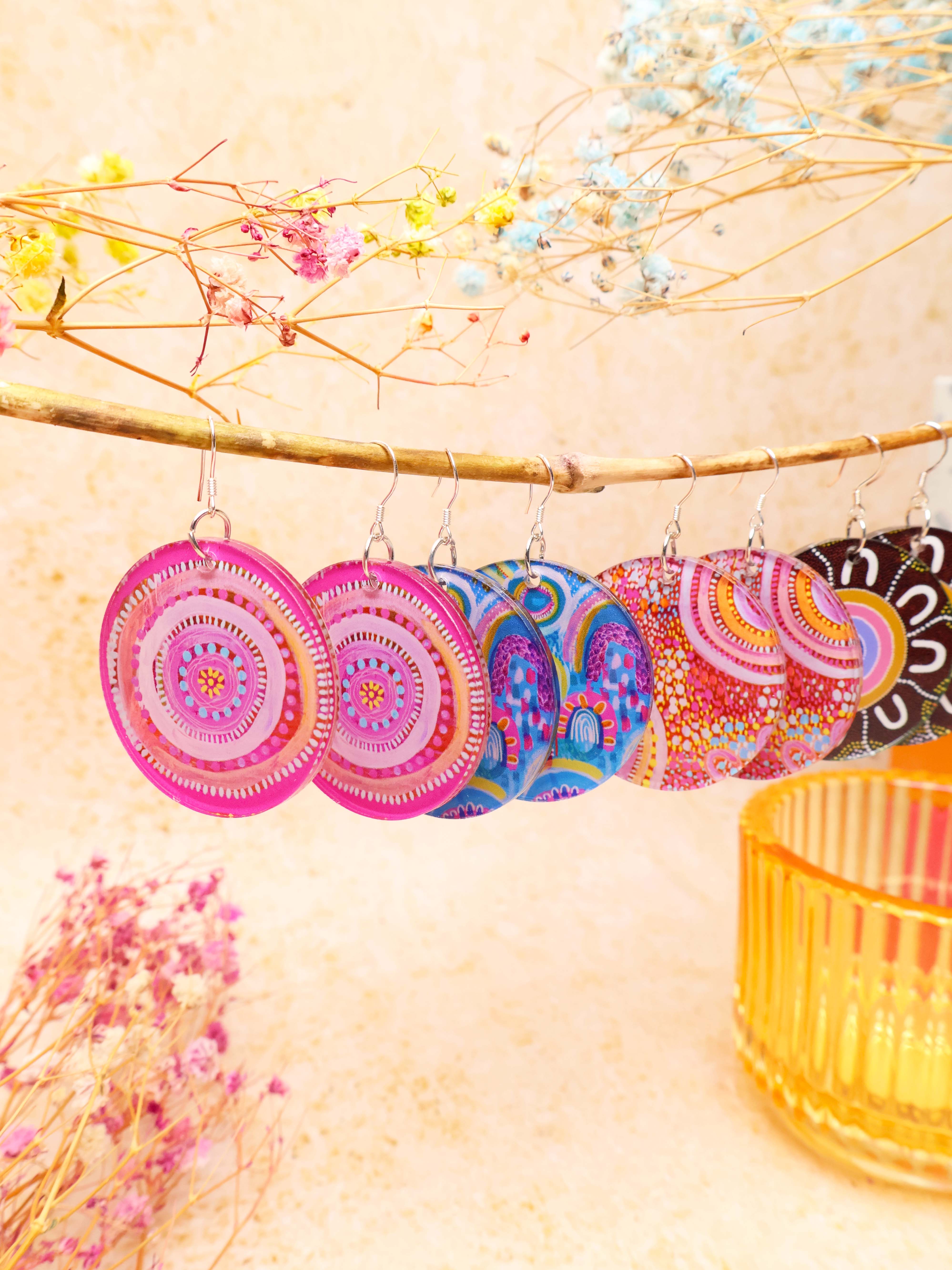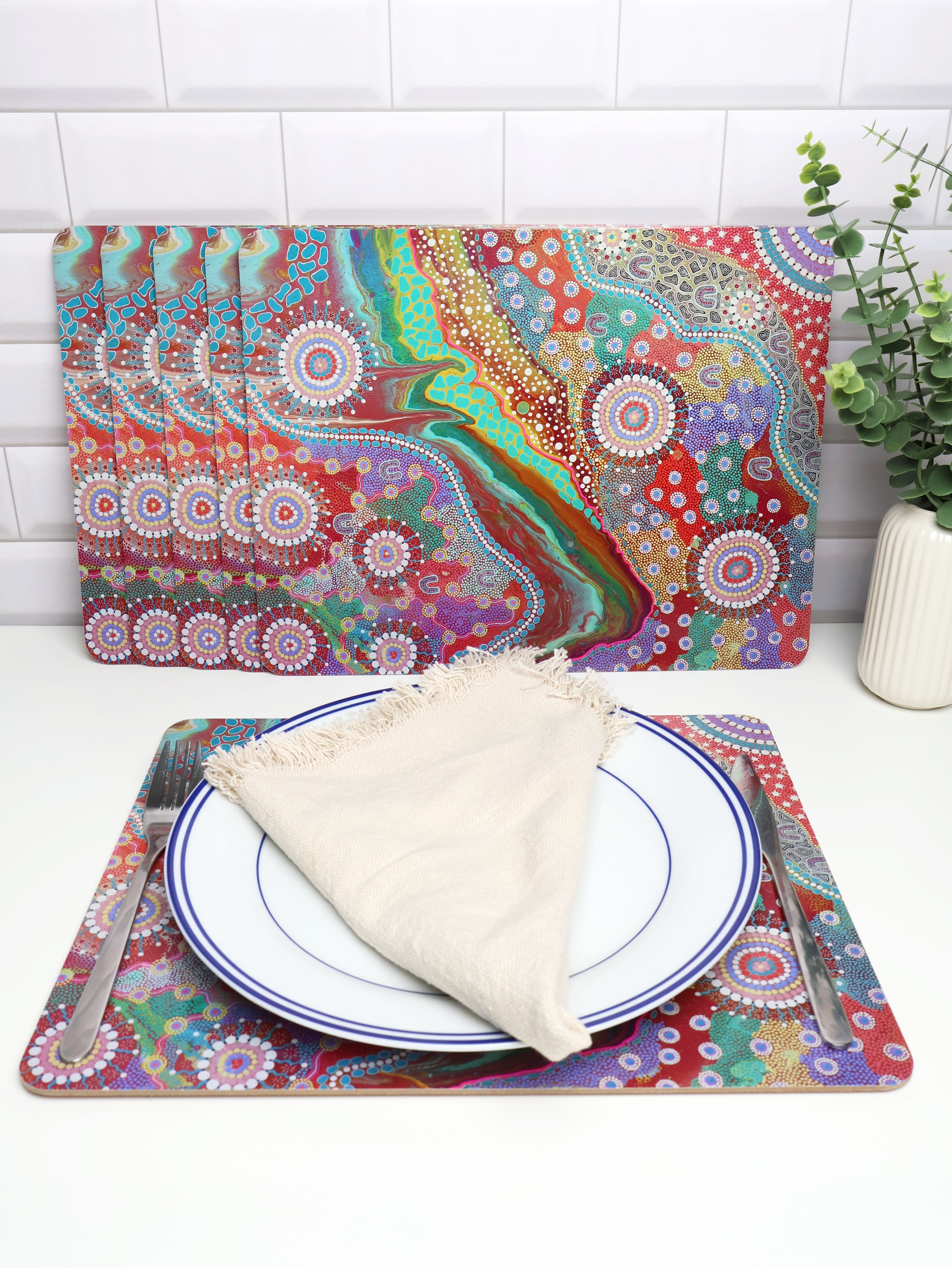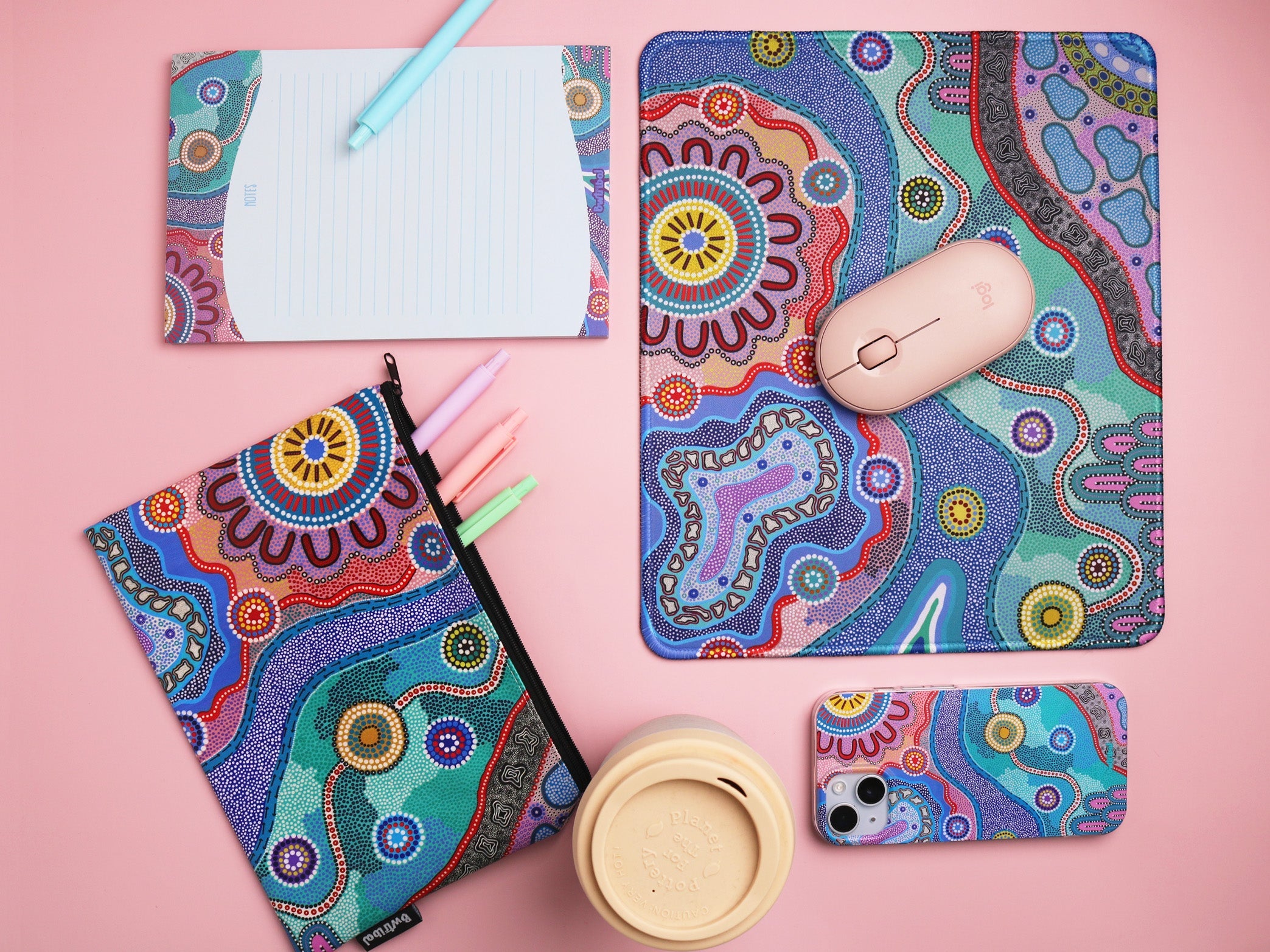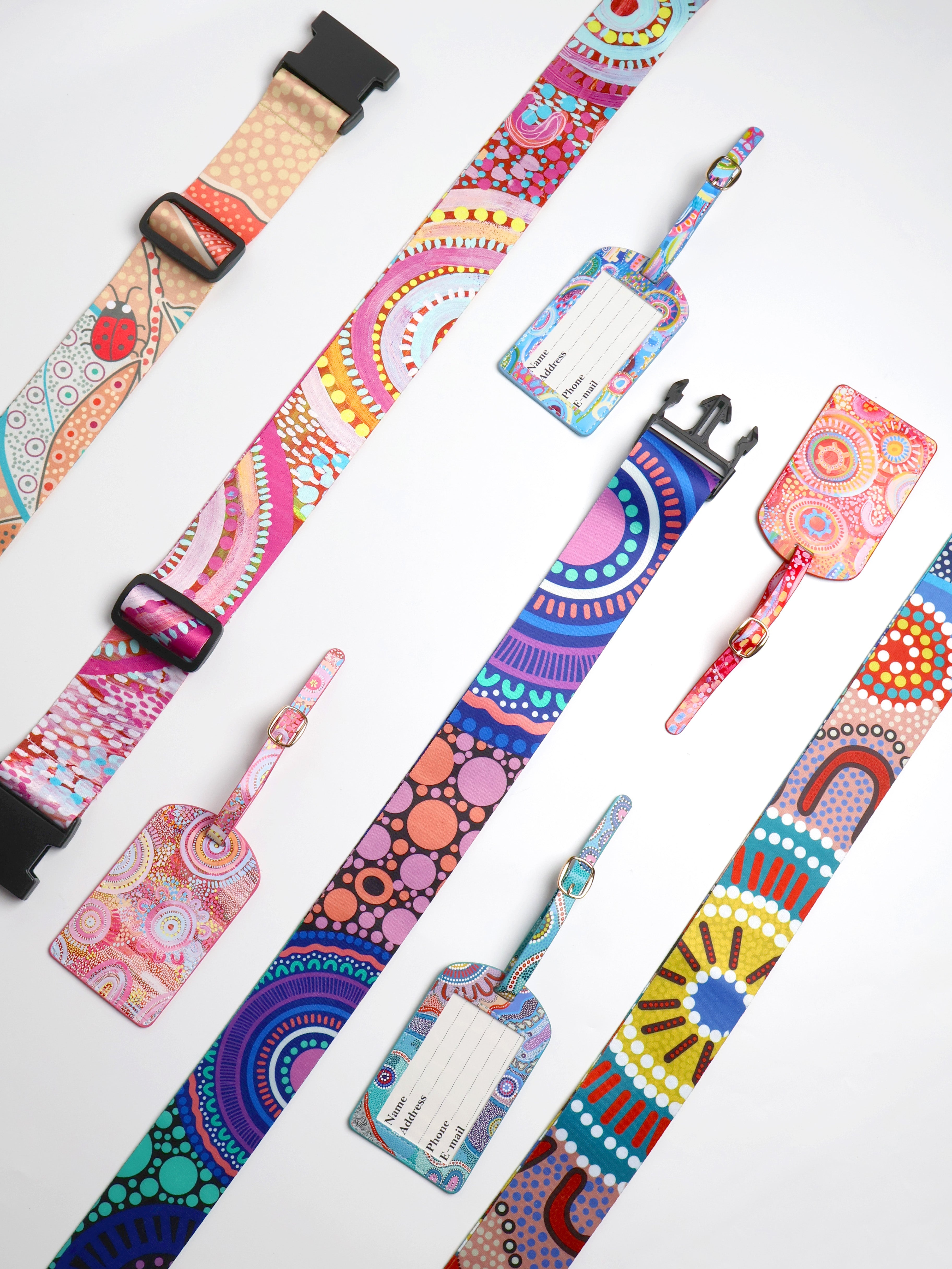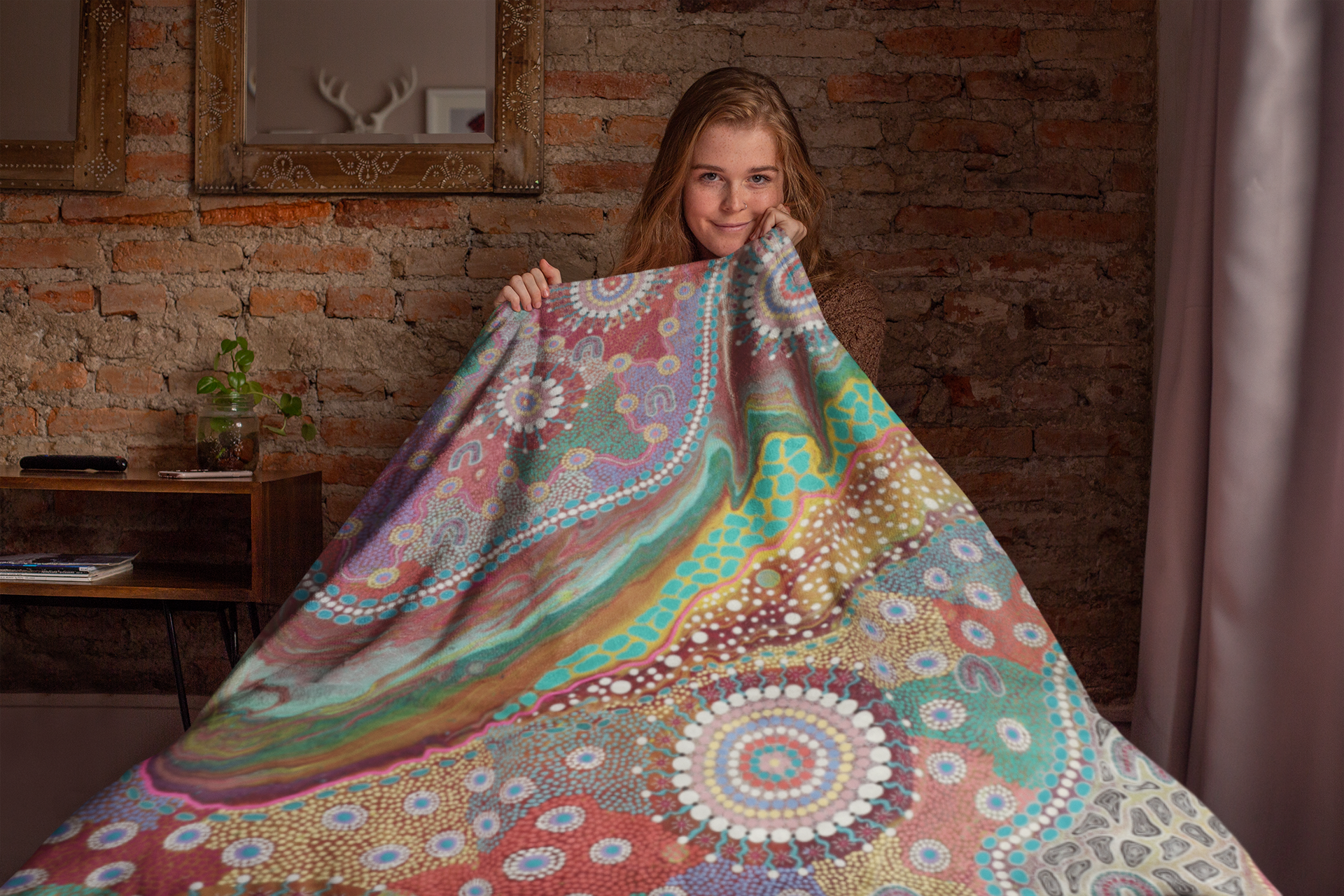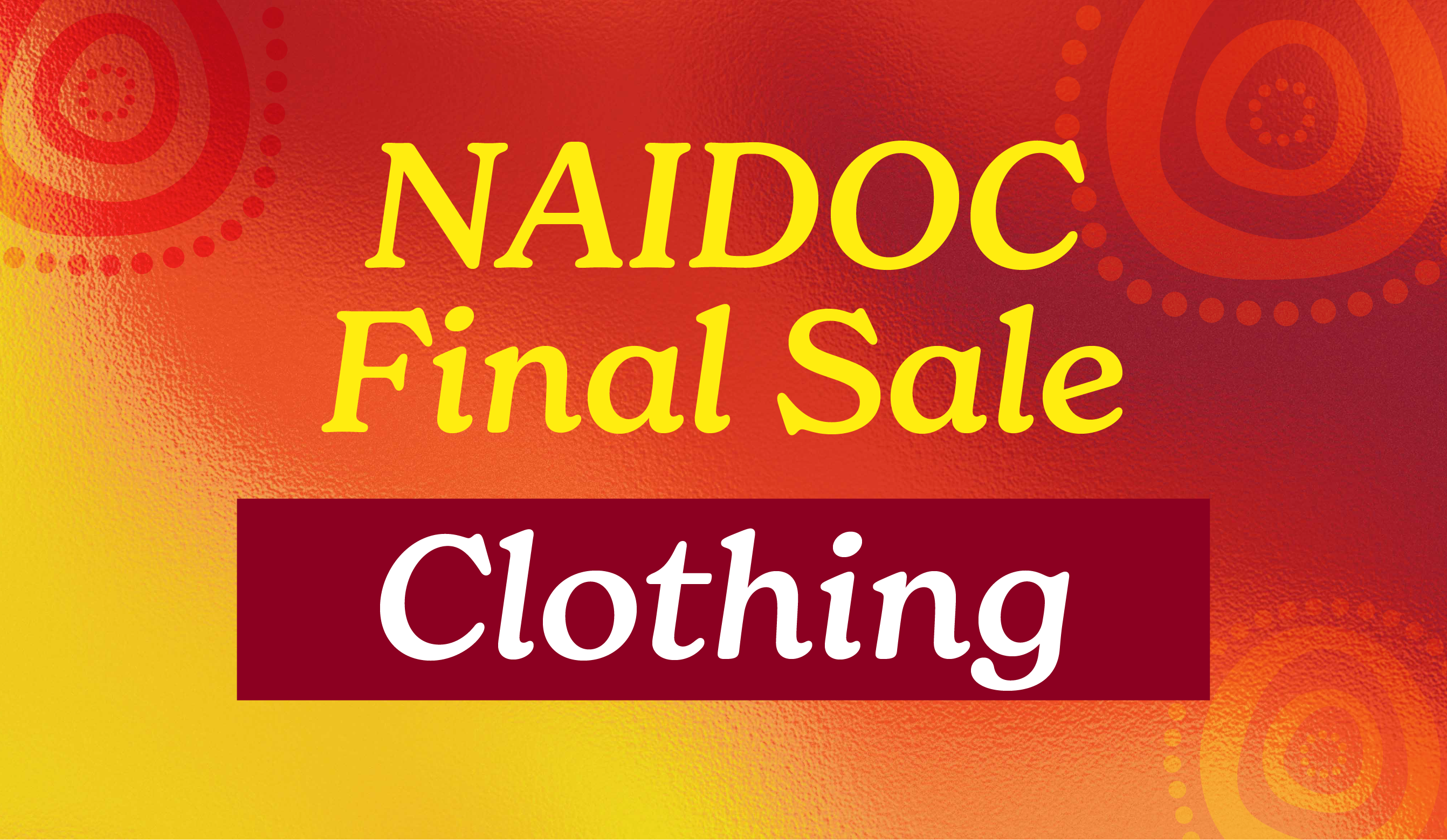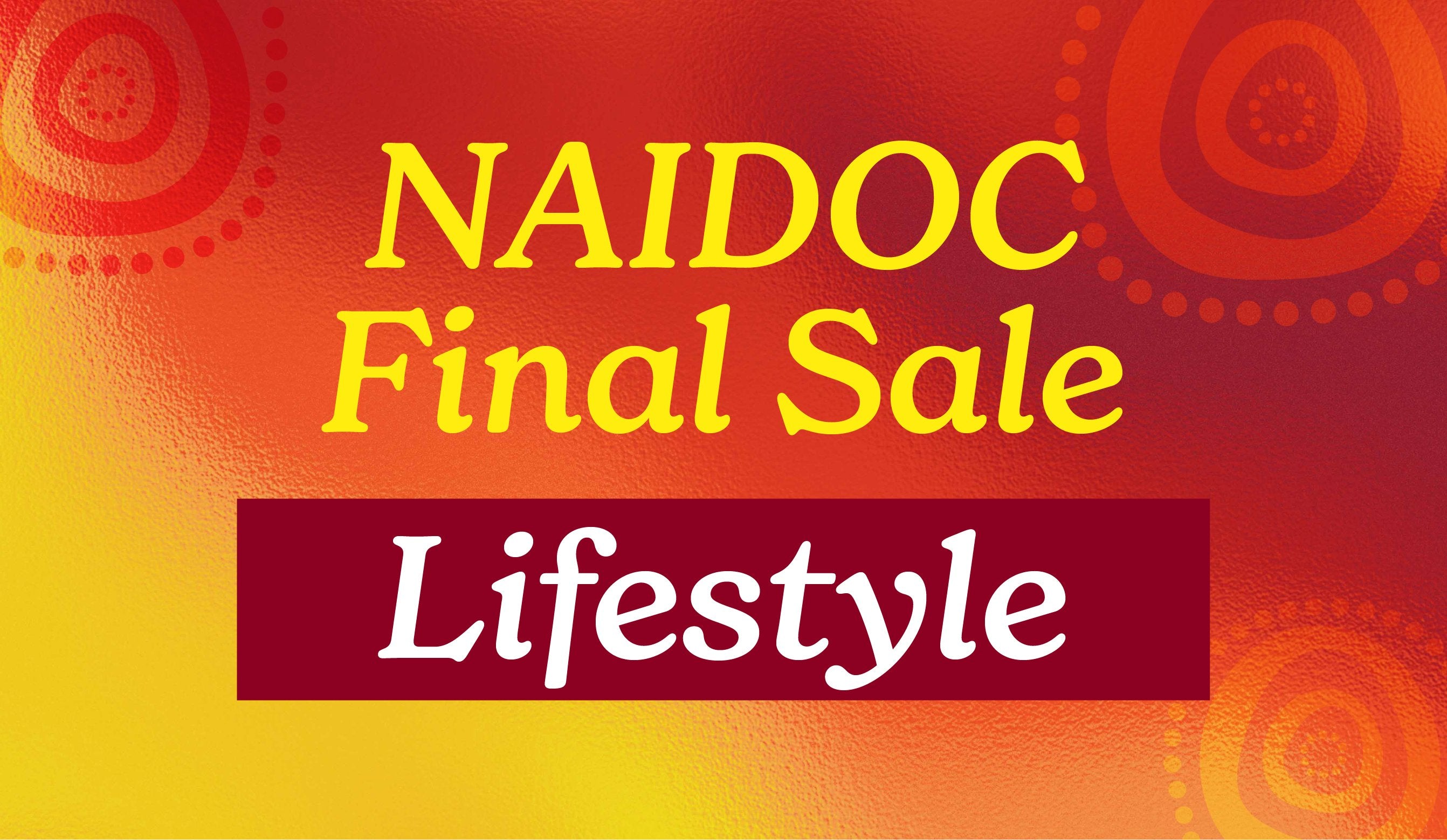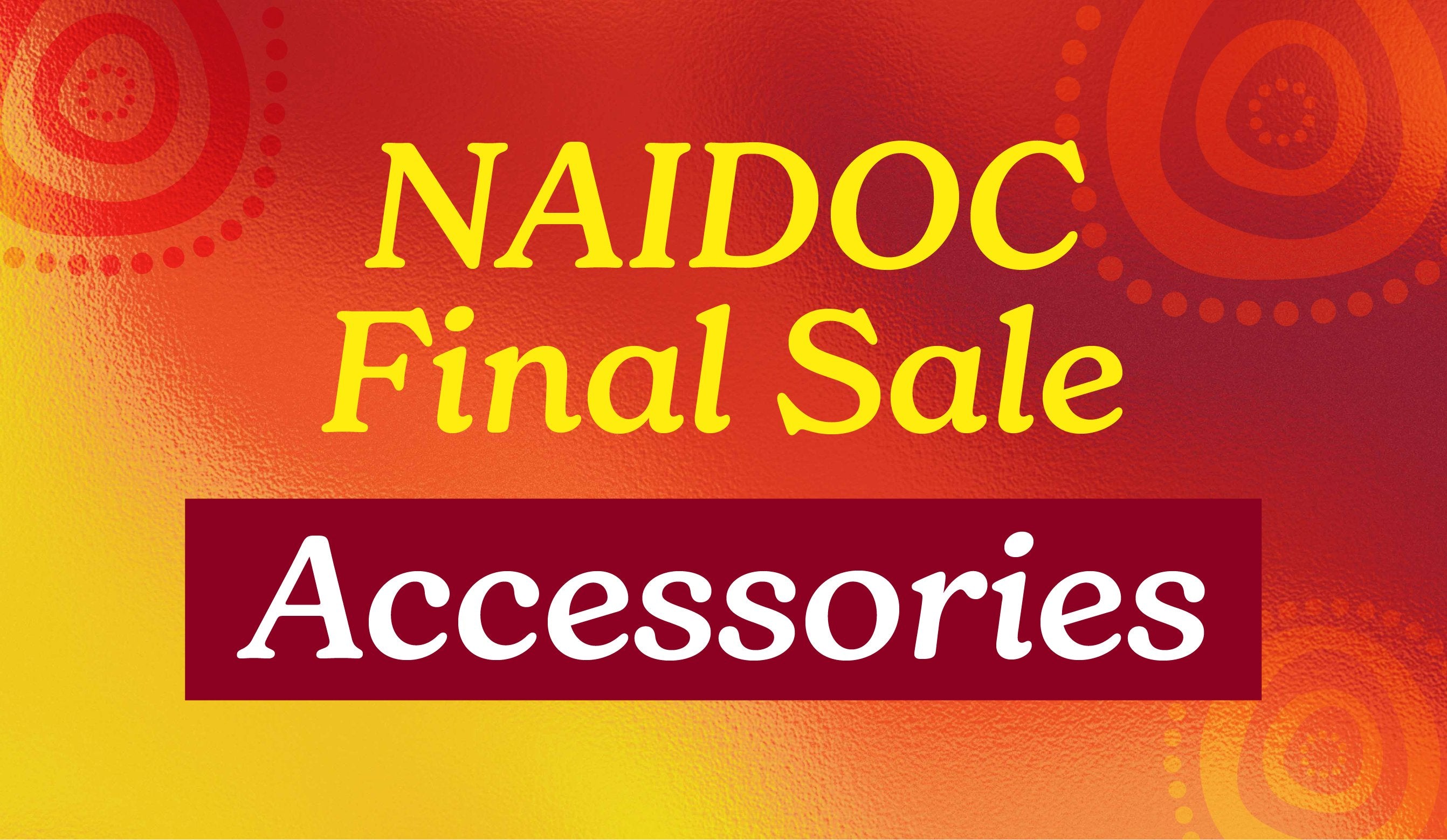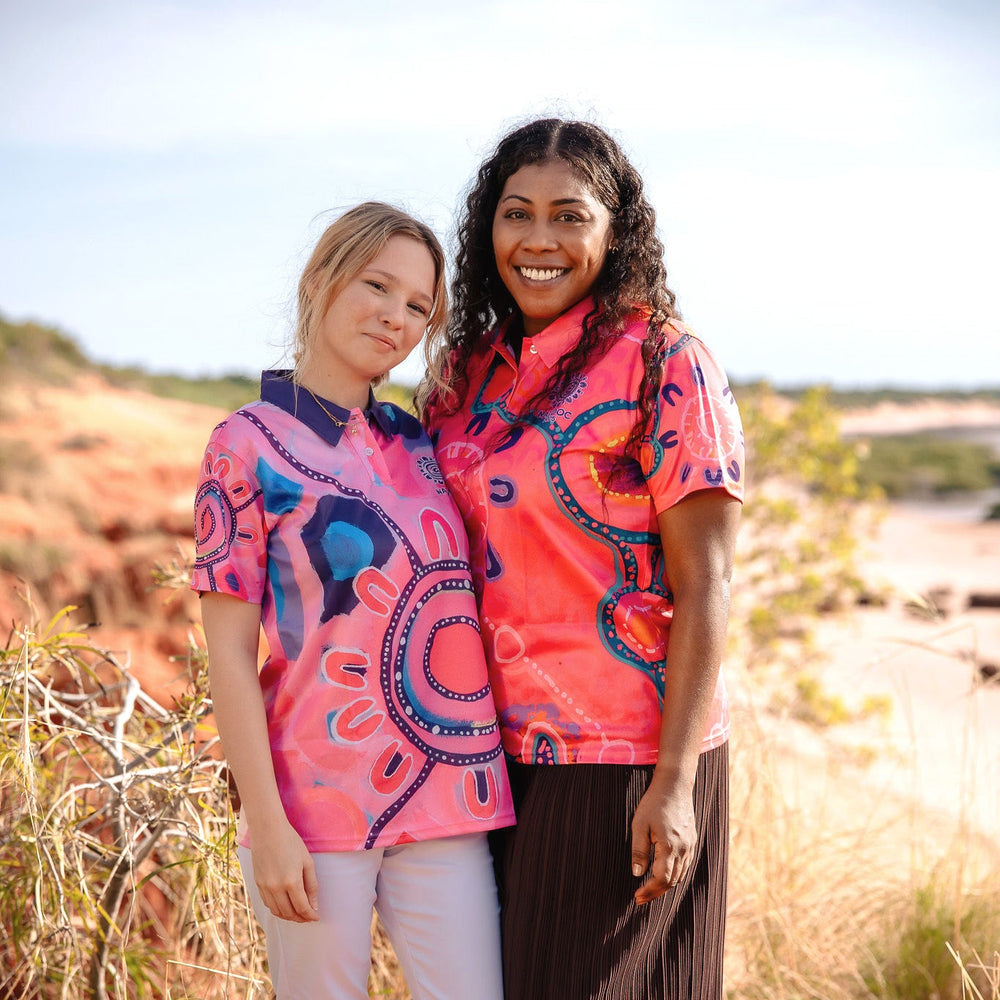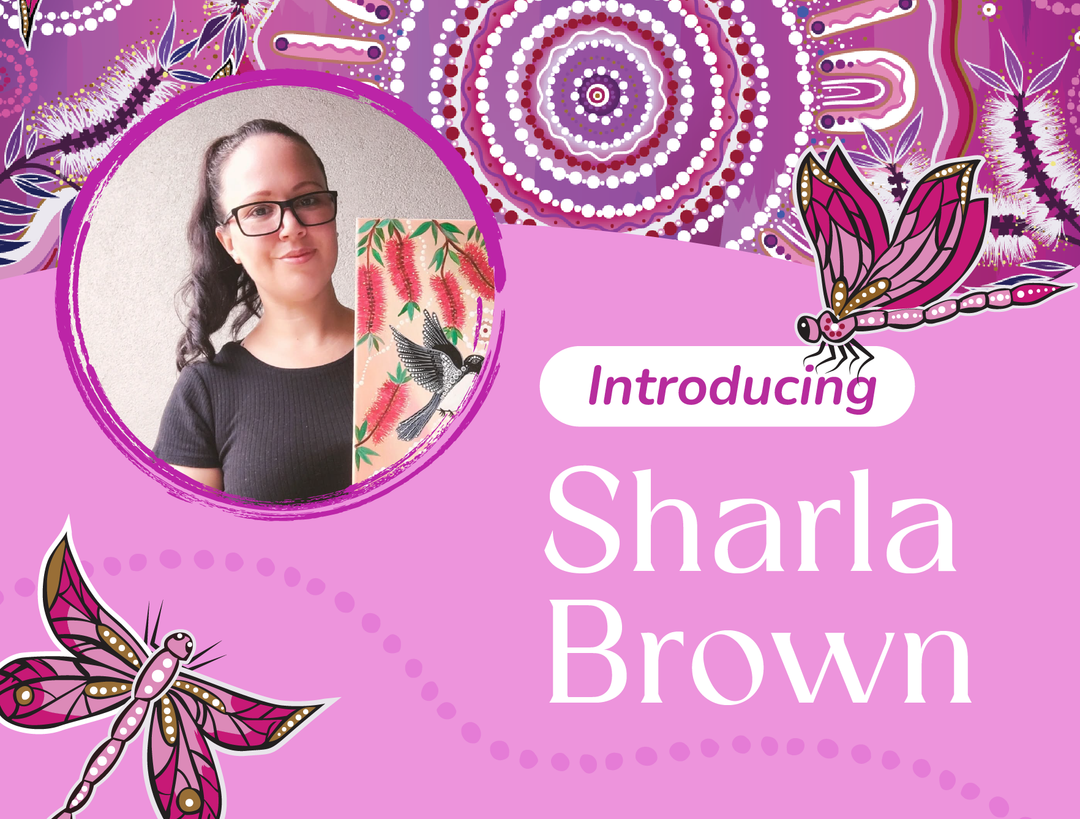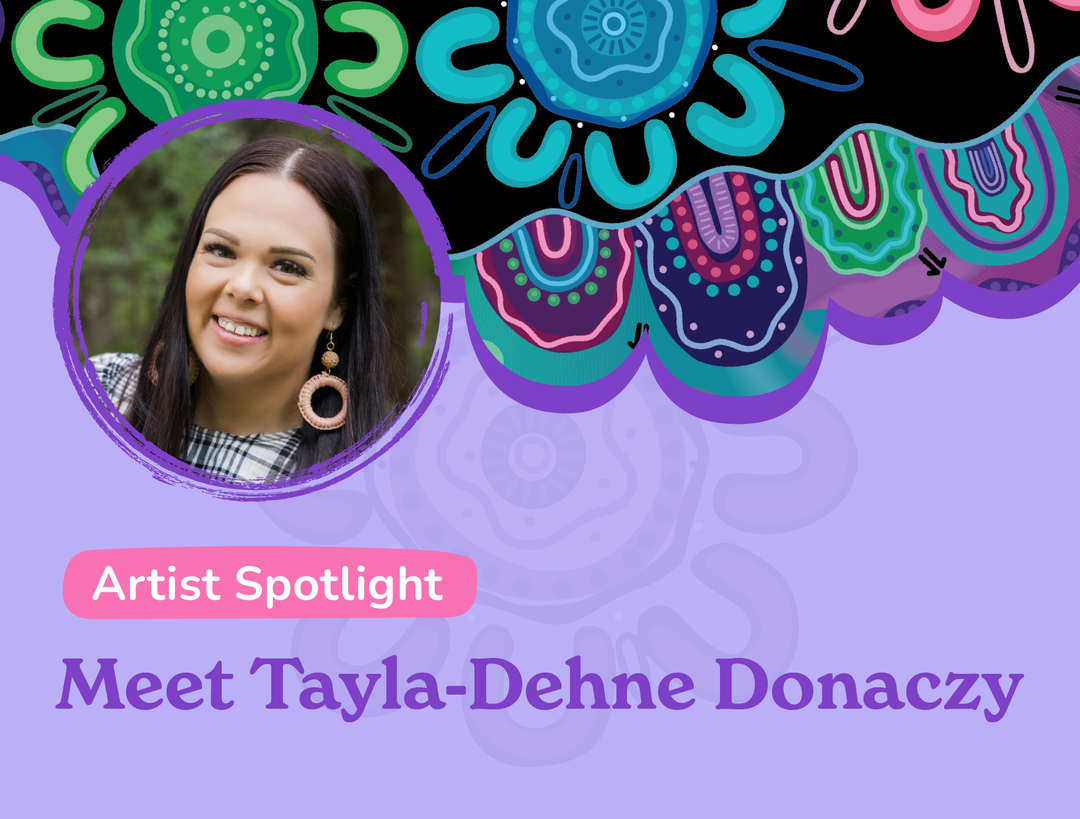Celebrating First Nations Women This International Women's Day
As we approach International Women's Day 2025, we're called to #AccelerateAction towards gender equality. For First Nations women, this acceleration is not solely about breaking glass ceilings, but also maintaining connections to the oldest living cultures on Earth while pushing for meaningful change.
The World Economic Forum estimates it will take until 2154 to reach full gender parity at our current pace. That's five generations away—too long to wait, especially for Indigenous women who continue to face unique challenges at the intersection of gender and cultural identity.
First Nations women have always been leaders, knowledge keepers, and change-makers in their communities. From ancient times to the present day, they have carried the wisdom of countless generations while advocating for better futures. Their strength lies not just in leadership roles, but in the everyday acts of preserving culture, raising families, and building stronger communities.
Honouring First Nations Women's Legacy
The path towards equality has been forged by remarkable Indigenous women whose achievements continue to inspire new generations. Dr Lowitja O'Donoghue, a Yankunytjatjara woman and the first Aboriginal person to be named Australian of the Year, helped reshape the landscape of Indigenous rights and health care in Australia. Her work as the founding chairperson of ATSIC set new standards for Indigenous self-determination.
The 1967 referendum, a pivotal moment in Australian history, was driven by powerful advocates like Evelyn Scott AO, an Erub woman from the Torres Strait. As the first General-Secretary of FCAATSI, she demonstrated how Indigenous women's leadership could create constitutional change.
In academia and public discourse, Professor Marcia Langton AO continues to break new ground. As a Yiman and Bidjara woman and the Foundation Chair of Australian Indigenous Studies at the University of Melbourne, she represents the crucial role of Indigenous knowledge in shaping Australia's future.
The legal system saw its own revolution when Pat O'Shane AM, a Kunjandji woman, became Australia's first Aboriginal magistrate. Her journey from being Queensland's first Aboriginal teacher to earning a law degree opened doors for Indigenous women in the justice system.
More recently, Nova Peris OAM, a Muran and Gidja woman, has shown how Indigenous excellence spans multiple fields—from winning Olympic gold to becoming the first Indigenous woman elected to Federal Parliament as a Senator for the Northern Territory. Her ongoing advocacy for Indigenous health, education, and sports demonstrates how leadership can create change across sectors.
 Nova Peris with her 1996 Olympic gold medal
Nova Peris with her 1996 Olympic gold medal
Taking Action Together
This International Women's Day, we're called to move beyond acknowledgment to action. Here's how we can support First Nations women's leadership:
-
Amplify Indigenous women's voices in decision-making spaces
-
Support Indigenous-led organisations and initiatives
-
Learn about and share First Nations women's stories and achievements
-
Challenge systems that create barriers for Indigenous women
-
Recognise and celebrate the unique contributions of First Nations women leaders
The Path Forward
As we celebrate this year's theme of 'Accelerate Action', we must ensure that our push for gender equality includes and elevates Indigenous perspectives. True progress means creating space for all women's voices, particularly those who have been historically marginalised.
The achievements of women like O'Donoghue, Scott, Langton, O'Shane, and Peris show us what's possible when barriers are broken and opportunities are created. Their legacies remind us that leadership comes in many forms, and that every step forward creates new possibilities for those who follow.
The journey towards gender equality must be walked together, acknowledging that First Nations women's leadership is not just vital for Indigenous communities but essential for creating a more equitable Australia for everyone.
This International Women's Day, let's commit to accelerating action in ways that honour, support, and amplify the voices of First Nations women - not just for today, but for all the generations to come.





